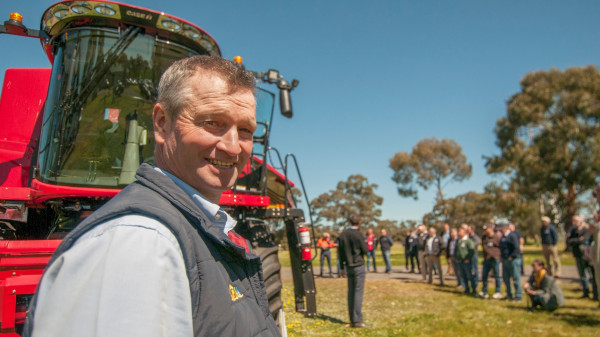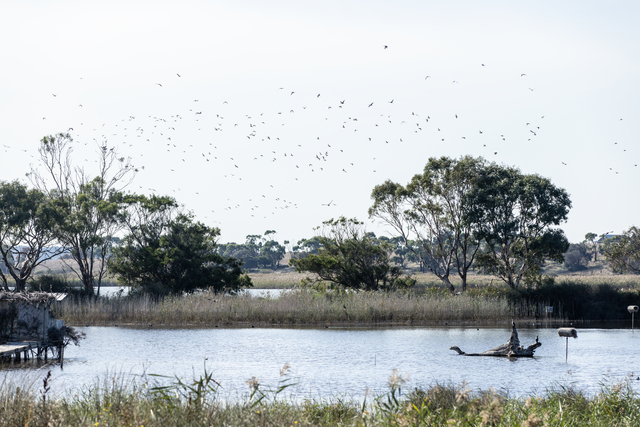GRAIN Producers Australia is urging growers to be alert, vigilant and proactive, to maintain high standards for pesticide application, and protect crops from spray drift damage.
GPA’s timely warning comes after Cotton Australia recently raised concerns about early signs of off-target spray drift damage, with ongoing wet weather and seasonal challenges, leading to escalating weed growth.
In particular, avoid spraying under ‘hazardous inversion’ conditions (most commonly occurring at night), when cold air is trapped near the ground, spray droplets can remain suspended in the air for hours, and they can subsequently travel well beyond the intended target, causing damage.
GPA’s members include growers from all major grain producing regions, where spray drift presents unique and varied local challenges – both agronomic and regulatory, in different states.
The need to remain vigilant and follow best practice standards is vitally important to GPA’s members and essential to ensuring grain producers can retain access to important crop protection products.
GPA southern grower director, and RD&E spokesperson, Andrew Weidemann, who farms at Rupanyup, said while the majority of grain producers did the right thing when applying these products, according to label requirements, and factoring-in local weather conditions, there was no room for complacency.
“To maintain public trust and confidence in the use of these important pesticides that help eradicate weeds, and to continue producing affordable and environmentally sustainable grains, we need to ensure we’re all doing the right thing; especially when it comes to spray drift,” he said.
“Important resources are also available for growers, to support best-practice – including details on chemical use and regulatory compliance matters – in the Australian Grains Guide that provides expert information that also links with the Australian Grain Industry Code of Practice (www.grainproducers.com.au/australian-grains-guide).
“Education and training are also essential tools of success – including for chemical storage, application and record keeping – and these areas of our business are strongly supported by GPA.”
Mr Weidemann is also the independent chair of the National Working Party on Pesticide Application (NWPPA) – which was established in March 2010 to conduct targeted research relating to spray drift and inform policy for registration authority and supply of agricultural chemical products, relevant to the Australian Pesticides and Veterinary Medicines Authority (APVMA).
“Having a spray plan, ensuring you have the most appropriate spray nozzles in place before you start spraying, keeping a close eye on weather conditions, communicating with neighbours, and good record keeping, helps to protect you and those around you, from potential crop damage and losses,” he said.
















